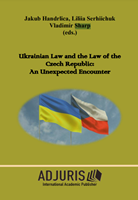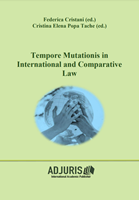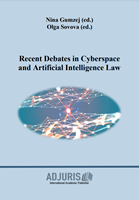
The role and importance of effective compliance management systems in criminal law practice
In April 2023, the Regional State Prosecutor's Office in Ústí nad Labem – Liberec, Czech Republic, decided to set aside the decision of the Czech Police, National Headquarters against Organized Crime. This resulted into termination of the criminal prosecution of one of the largest construction companies in the Czech Republic. The company, together with other legal entities, was accused of committing the crime of conspiracy to confer an advantage in the award of a public contract, a public tender and a public auction, as well as the crime of attempted damage to the financial interests of the European Union. The Supervising Prosecutor's Office assessed in detail the information and documents provided regarding the internal compliance management system of the accused companies and, in accordance with provisions of section 8(5) of the Act on Criminal Liability of Legal Entities, released them from their criminal liability. Since the practical impact of this decision is crucial, the author subjects it to a detailed analysis and subsequent comparison with the rules set out in relevant methodology of the Czech Supreme State Prosecutor's Office, which is a practical guide to the above-mentioned legislation. The result thus serves as a good inspiration for effective setting up and maintenance of compliance management systems in corporate practice (not only from the perspective of Czech law, as the presented conclusions are fully applicable internationally).
More...


